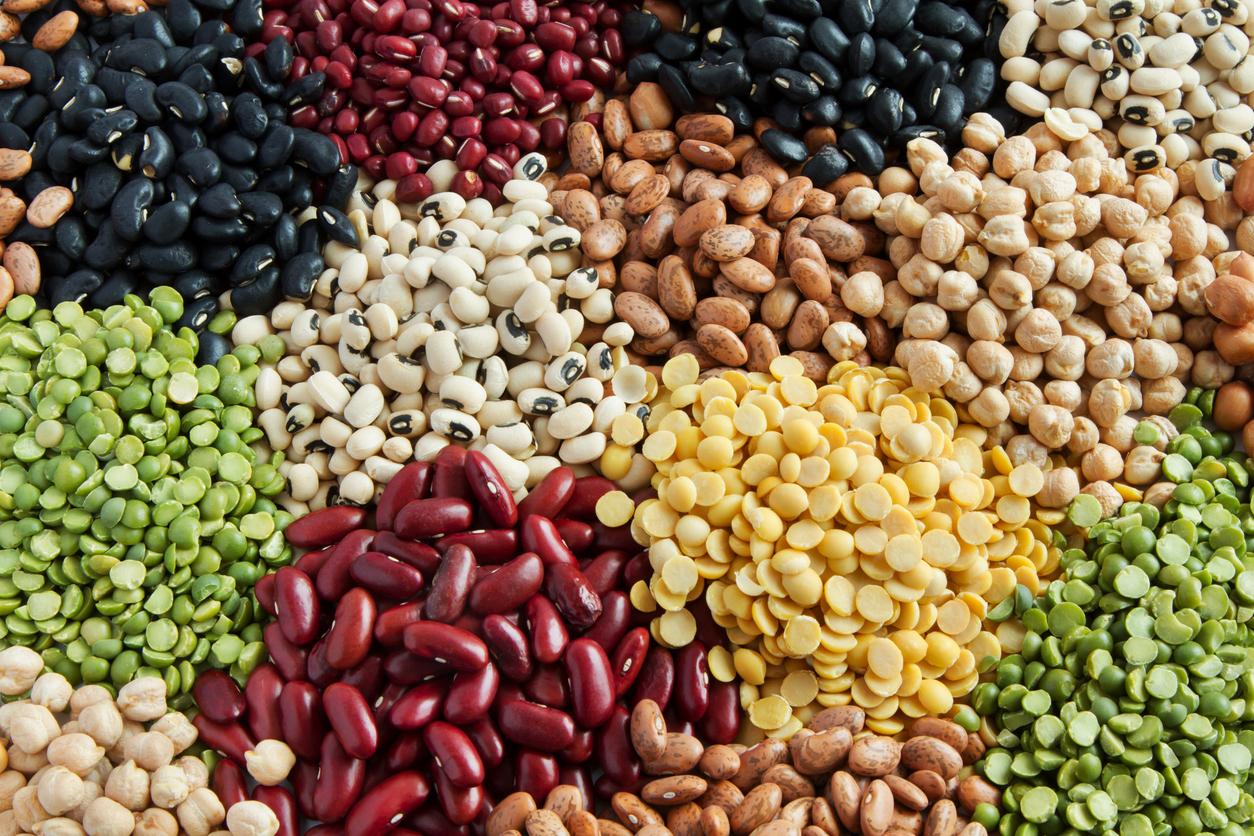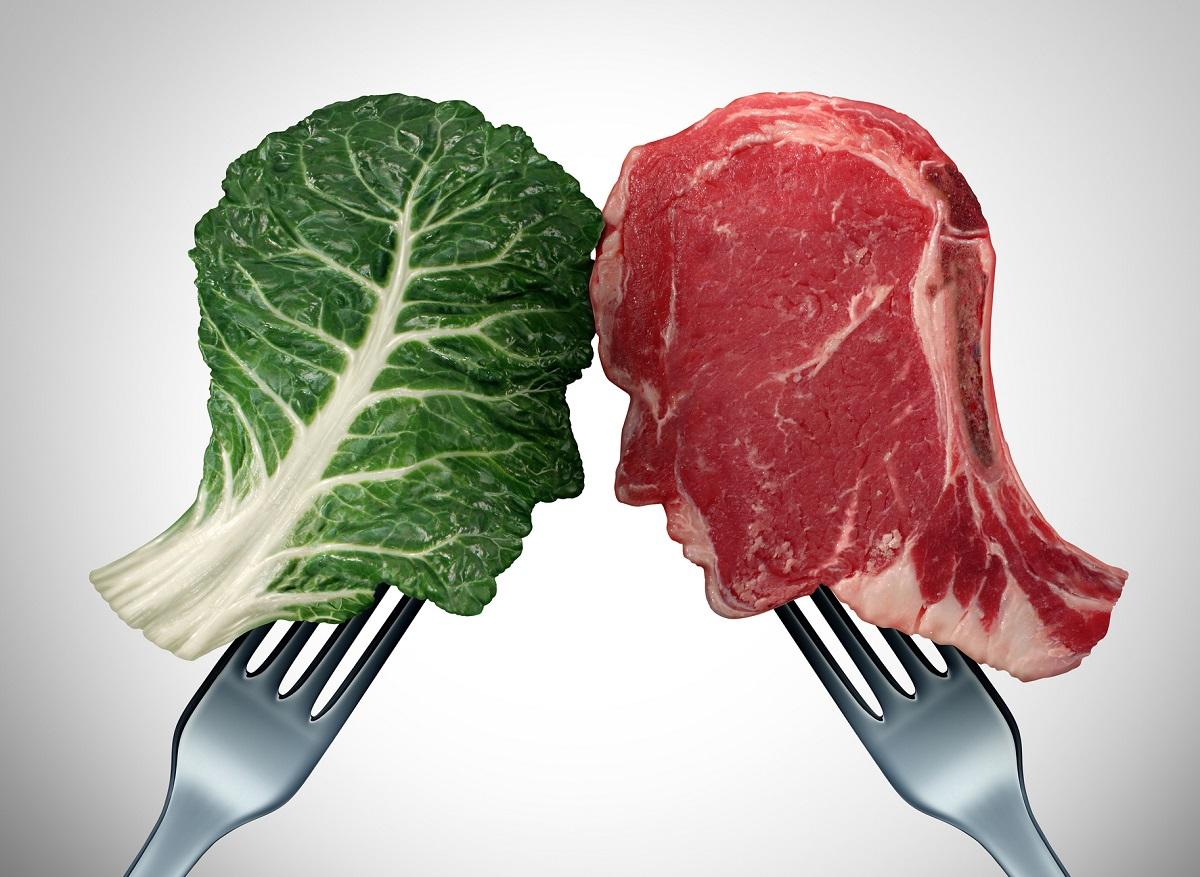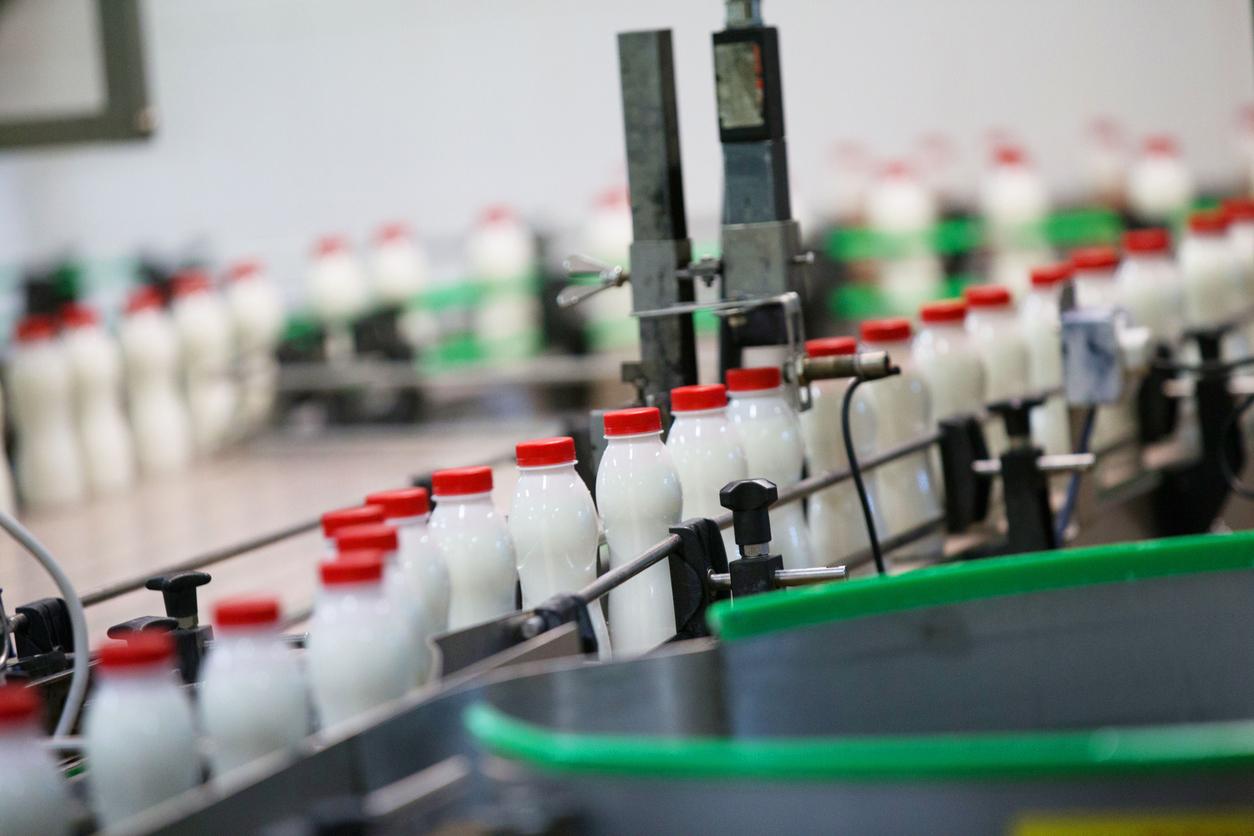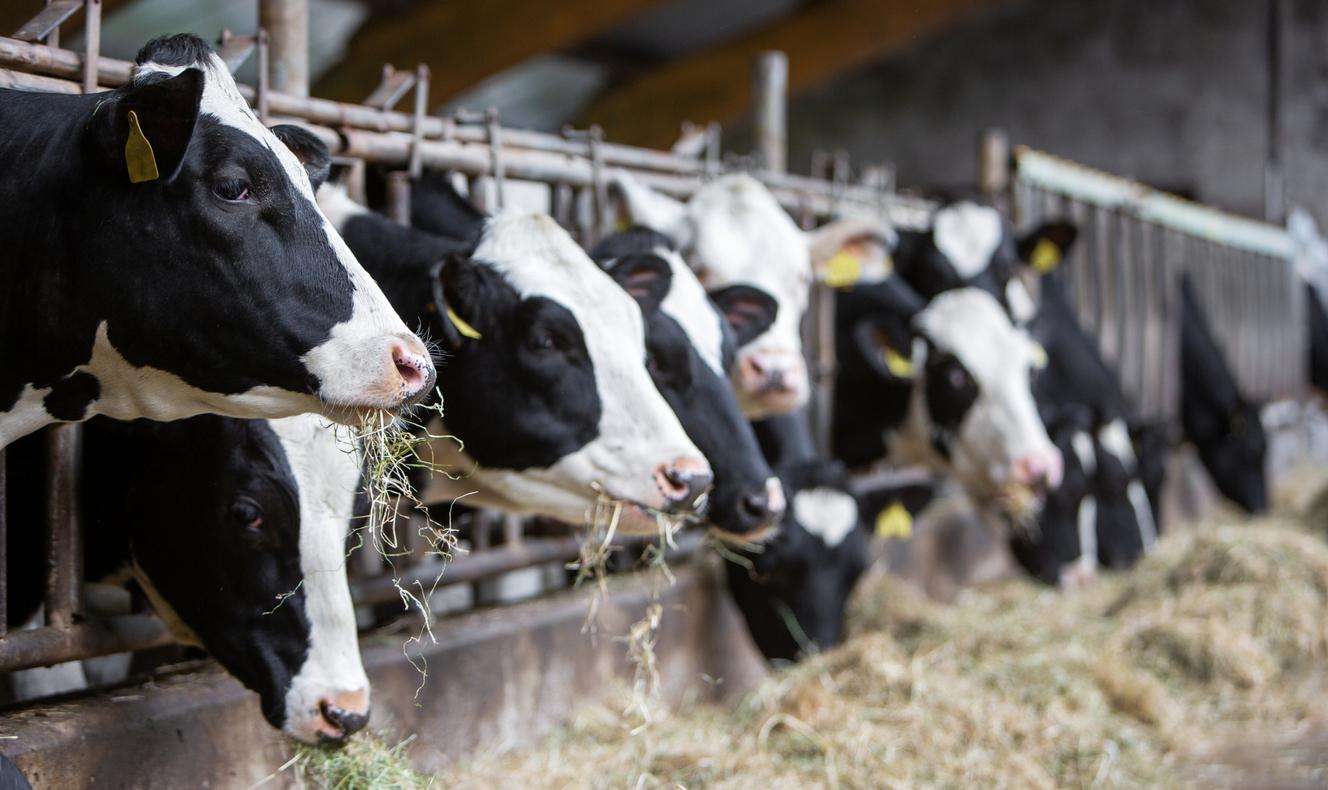Are foods from organic farming more interesting in terms of nutrition? According to a team of researchers in human nutrition from the University of Newcastle (United Kingdom), organic milk and meat contain up to 50% ofOmega 3 more than those from traditional agriculture. Their work is published in the journal British Journal of nutrition.
Increase omega-3 intake
To reach this conclusion, the researchers analyzed data from 196 scientific studies on milk and 67 others on meat, and found significant differences in terms of nutritional quality depending on whether these foods were organic or not. More specifically, the variations seem to concern the composition of unsaturated fatty acids (including omega-3) and the concentration of essential minerals and antioxidants.
Thus, consuming organic meat and milk would increase the intake of omega-3 without increasing the intake of calories and undesirable saturated fatty acids. Half a liter of organic whole milk would provide 16% (39mg) of the recommended daily intake of omega-3, while the same quantity of conventional whole milk would only provide 11% (25mg). Other advantages of these organic foods: their higher content of Vitamin E and carotenoids. Gold “omega-3s are associated with reduced cardiovascular disease, improved brain development and better functioning of the immune system“explains Chris Seal, professor of nutrition and co-author of the study, in a press release from thenewcastle university. “Western diets are known to be too low in fatty acids and the European Food Safety Authority (EFSA) recommends that we double our intake. But it’s difficult with our diet. According to our study, switching to organic foods would somehow facilitate the intake of these essential nutrients.” welcomes Professor Seal.
Eat organic for nutritional quality
In previous studythese researchers had shown that organic crops could contain up to 60% ofantioxidants more than conventional crops, and had fewer toxic metals such as cadmium. “People choose organic food for three main reasons: animal welfare, the positive impacts of organic farming on the environment and the perceived health benefits. But the impacts on nutritional quality are less well known, hence the importance of these studies.“, concluded in the press release from the university Professor Carlo Leifert, main author of this work.
>> To read also:
We choose to eat organic first and foremost for health
12 organic foods to buy first
Omega-3s, a good mood cure
To replace cow’s milk, goat’s milk arrives in the world of infant formulas

















